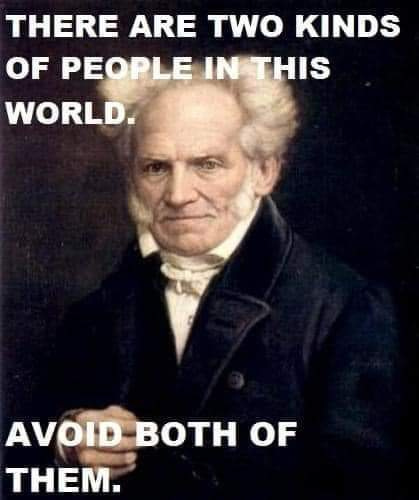The Cyberspace Solarium Commission Report [August 12, 2021] consists of over 80 recommendations which are organized into 6 pillars. These 6 pillars are as follows:
- Reform the U.S. Government’s Structure and Organization for Cyberspace.
- Strengthen Norms and Non-Military Tools.
- Promote National Resilience.
- Reshape the Cyber Ecosystem.
- Operationalize Cybersecurity Collaboration with the Private Sector.
- Preserve and Employ the Military Instrument of National Power.
The account by the Greek historian and general, Thucydides (460-400BC), of how the Athenians responded to their virulent plague in the fifth century, directly or indirectly influenced how many later historians in antiquity described plagues. - The Conversation
Vox Where extreme weather is getting even worse, in one map – “A new UN interactive atlas reveals how climate change will shape weather around the world. Humans have warmed the planet by an average of 1.2 degrees Celsiussince industrialization began in the 19th century. This small-sounding change has helped fuel severe wildfires, record-breaking heatwaves, floods, and an ever-growing list of other disasters. What’s worrying is that Earth will continue to heat up — likely past 1.5 degrees — even if humans slash fossil fuel emissions immediately, according to a landmark UN climate report released this week. So does that mean weather will get worse, too? Now you can see for yourself. This week, alongside its report, the UN’s Intergovernmental Panel on Climate Change (IPCC) launched a new mapping tool that shows how weather around the world will change under different greenhouse gas emissions scenarios. While the IPCC Interactive Atlas didn’t get as much attention as harrowing news stories about the report itself, it’s a striking tool that projects regional temperature, rainfall, snowfall, and even sea level rise. It’s powered by the same models that produced data for the report, and represents some of the best climate science out there in visual form. The technology behind the map is impressive, too. The atlas took three years to make and “over 1.5 million hours of computing time” on a supercomputer, according to Juan José Sáenz de la Torre, a spokesperson for Predictia, the company that helped build the atlas…”
